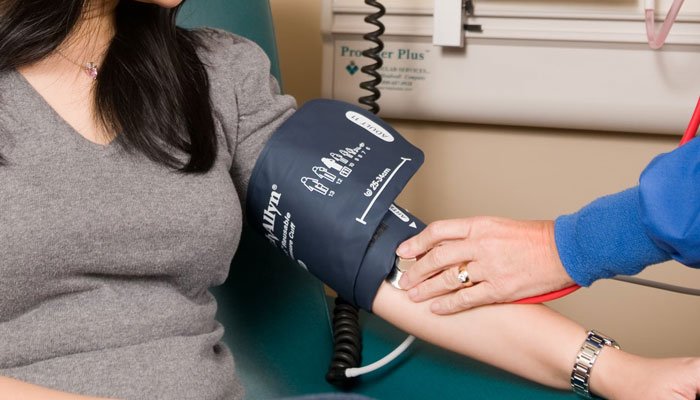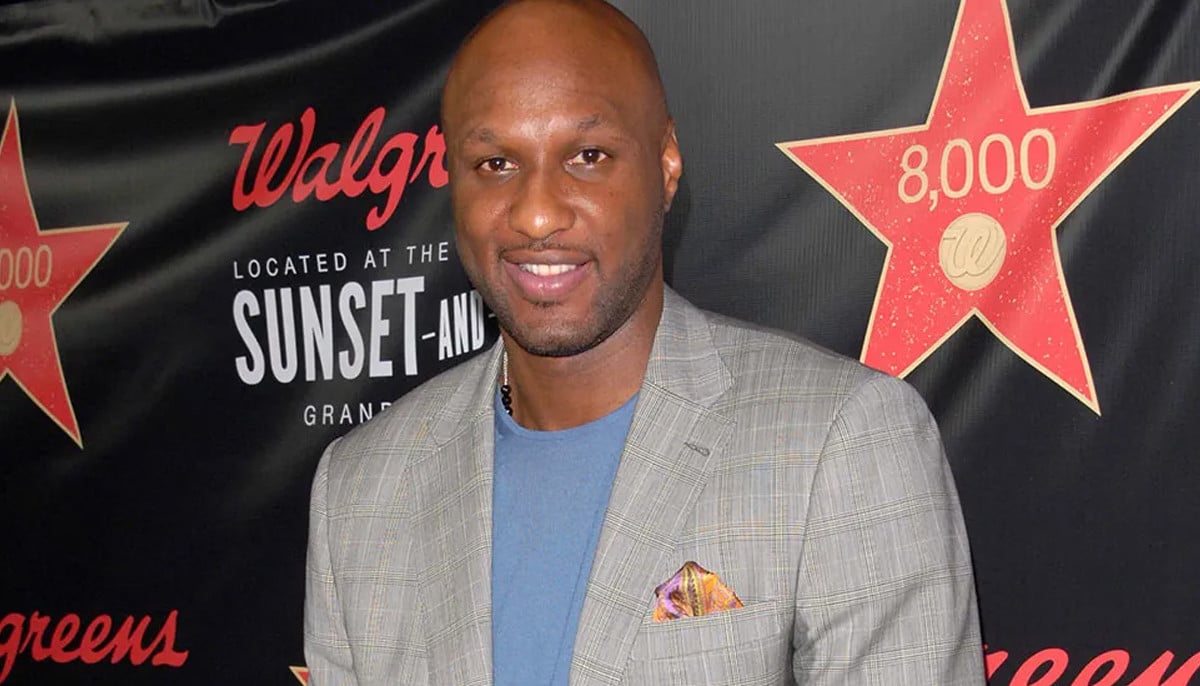Over 10m deaths caused by high blood pressure, UN report sounds alarm
Hypertension has earned its sinister nickname, 'the silent killer,' because it typically lurks without any noticeable symptoms
A new report from the United Nations (UN) raises a dire alarm about the high prevalence of high blood pressure, or hypertension, across the globe.
The report unveils the harrowing truth that high blood pressure impacts one-third of adults. But tragically, most are not receiving proper treatment, according to the World Health Organization (WHO).
Hypertension has earned its sinister nickname, 'the silent killer,' because it typically lurks without any noticeable symptoms. Shockingly, nearly half of those afflicted with this condition are unaware of their perilous health status.
The UN report reveals that high blood pressure is responsible for more than 10 million "avoidable" deaths each year, making it one of the leading risk factors for death and disability.
The silent menace significantly elevates the risk of heart attacks, strokes, heart failure, and kidney problems.
Global statistics paint a grim picture. Approximately 48% of adults in the United States are grappling with hypertension, and globally, one-third of adults are affected. Remarkably, this condition is causing more deaths worldwide than smoking and high blood sugar combined.
Former US Centers for Disease Control and Prevention director, Tom Frieden, asserts, "The bottom line here is that the world's most deadly condition is also the most neglected. This neglect results in millions of people dying preventable deaths, and having preventable heart attacks and strokes, every year."
The UN report spotlights a chilling reality - the number of individuals living with hypertension has doubled from 650 million in 1990 to a staggering 1.3 billion in 2019, yet nearly half of them remain oblivious to their health status.
Hypertension's silent nature means it often goes undetected until it reaches dangerous levels. Symptoms, when they do occur, include headaches, nosebleeds, and shortness of breath. This underscores the importance of regular blood pressure screenings.
The report offers a glimmer of hope, estimating that by 2050, approximately 76 million deaths could be prevented if half of those with hypertension take control of their condition.
The preventive action could also stave off 120 million strokes, 79 million heart attacks, and 17 million cases of heart failure.
The WHO's urgent call to action highlights the need for prioritising prevention, early detection, and effective management efforts at the primary care level. These are among the most cost-effective interventions in healthcare, according to the organisation.
Dr Tedros Adhanom Ghebreyesus, Director-General of the WHO, stressed the need for strengthening hypertension control as part of every country's journey towards universal health coverage. He advocates for well-functioning, equitable, and resilient health systems rooted in primary healthcare.
Hypertension is categorically defined as having a blood pressure reading of 140/90 mmHg or higher. It is classified into two main types: primary hypertension, attributed to aging or lifestyle factors, and secondary hypertension, caused by existing conditions or medications. Some individuals may experience both types simultaneously.
Certain factors, such as age, obesity, sedentary lifestyles, smoking, alcohol consumption, and pregnancy, increase the risk of developing high blood pressure. Black individuals are disproportionately affected and often develop the condition earlier in life than white individuals. Sodium overconsumption and potassium deficiency also elevate the risk.
The good news is that many people can manage their blood pressure by making lifestyle changes, including regular physical activity, a healthy diet with limited sodium and alcohol, maintaining a healthy weight, and stress management.
Additionally, medications like diuretics and beta-blockers can help control blood pressure and prevent deadly complications.
In the face of this silent killer, awareness, prevention, and proactive management emerge as the keys to averting the devastating toll of high blood pressure on global health.
-
Demi Lovato claims fans make mental health struggle easier
-
6 celebrities who have been vocal about anxiety and 'panic attacks'
-
Lewis Capaldi details 'impact of Tourette' on his career
-
Christina Applegate struggles to leave bed amid multiple sclerosis battle
-
Demi Lovato bravely admits she is ‘not ashamed’ of having bipolar disorder
-
Can humans reverse aging? Harvard scientist predict revolutionary breakthrough
-
How Liam Payne’s death impacted awareness about mental health
-
Taylor Swift expresses how negative body comments triggered her












